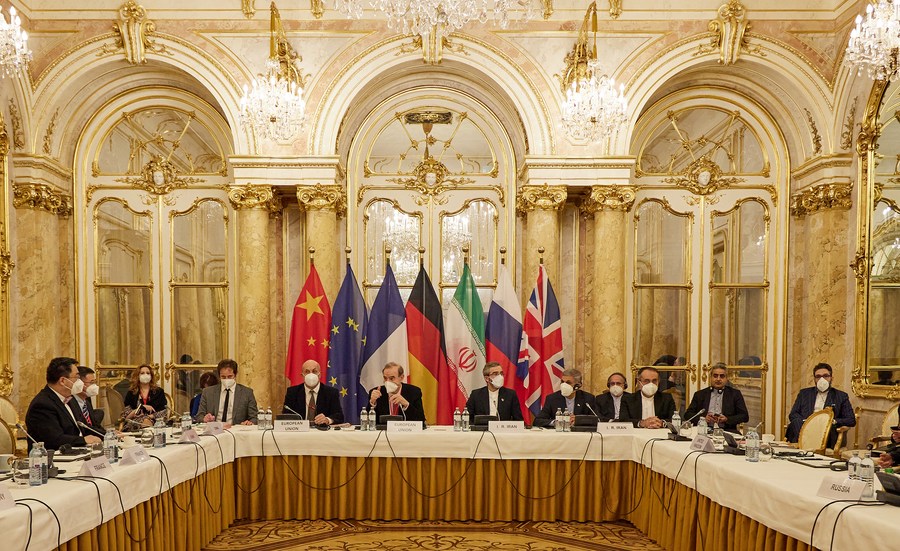【China Daily】India yet to submit emission targets

NEW DELHI-Four months after India announced its "net-zero" target at the United Nations climate conference in Glasgow, the country has yet to submit its targets for cutting greenhouse emissions, underscoring the difficulties of overhauling energy policy amid a growing population.
When asked about the delay during an event in the capital New Delhi on Tuesday, Indian Environment Minister Bhupender Yadav downplayed it, saying that several ministries were still discussing the matter to chart out a road map.
India's Ministry of Environment, Forest and Climate Change, which drafts the targets and submits them to the UN Climate Agency and the country's top federal official in the Ministry of Power, has not responded to requests for comment.
NewClimate Institute scientist Niklas Hohne, who tracks emission pledges for Climate Action Tracker, said "we don't have time anymore" to wait for all countries to start reducing emissions.
Hohne added that it would be useful if India specified targets achievable with its own resources and formulated a clear plan for what could be achieved with financial help from other nations.
During November's conference in Glasgow, Indian Prime Minister Narendra Modi said his nation would stop adding greenhouses gases to the atmosphere by 2070.
India is not the only country to be slow to turn in targets. The 2015 Paris Agreement on climate, which India signed, required countries to submit their climate targets by the end of 2020. However, many nations missed that deadline. The more urgent deadline was to get submissions in before the November negotiations in Glasgow and most nations did. Of the five top emitting nations, only India has not submitted its plans.
The delays underscore the challenges that India faces in achieving these goals. A parliamentary committee calculated that India would require over $20 billion in investment to meet its clean energy targets while only half of that was available, prompting the opposition to ask the government whether it formulated a clear road map before committing internationally.
India's role is key for global climate targets. It has the third-highest emissions in the world and its energy needs are expected to grow faster than any other country in the coming decades. At the same time, it has historically contributed least to the world's cumulative emissions among the group of 20 industrial nations known as the G20.
The typical US citizen uses 16 times more electricity than the average Indian, according to data from the World Bank.
Energy needs
Many in the South Asian country of 1.4 billion residents still live in poverty and its leaders have consistently argued that it needs the "carbon space" to grow. Even in the most optimistic scenario, some of India's future energy needs will have to be met through coal-the single biggest source of greenhouse gas emissions.
This was partly why the country had demanded a last-minute change to crucial language during the UN climate conference to "phase down" rather than "phase out" coal power.India said developing countries were "entitled to the responsible use of fossil fuels" for their growth and blamed "unsustainable lifestyles and wasteful consumption patterns" of rich countries for the current climate catastrophe.
At the Glasgow conference, Modi had stressed that India's goals could not be achieved without adequate climate finance, a stand that India has long reiterated, and called for rich countries to provide $1 trillion in help.
The lack of finance is a vital stumbling block, said Harjeet Singh, an adviser with Climate Action Network International. He said if he were to put himself in the shoes of a finance minister of a developing country like India, "how do I do it if I don't see a stream of funding? Rich countries are failing in their commitment".
AGENCIES VIA XINHUA

